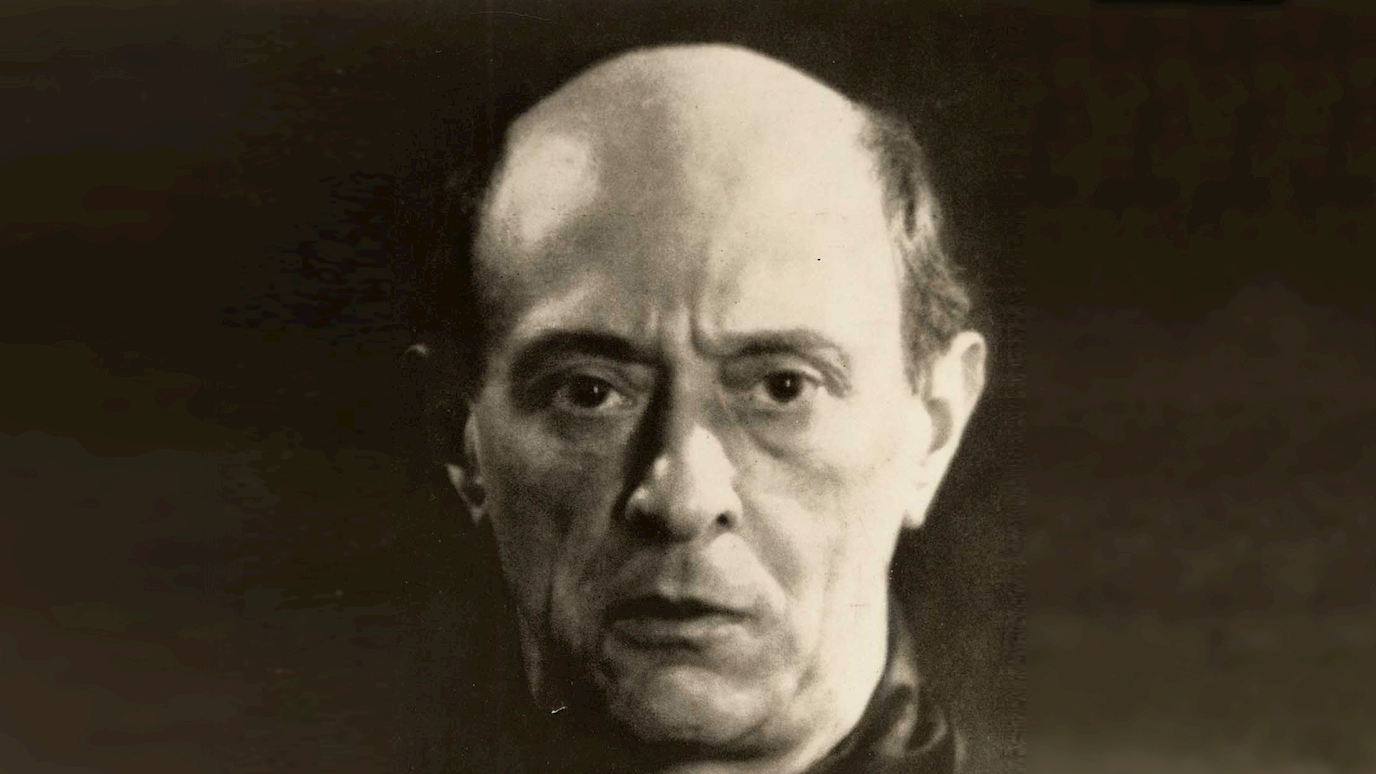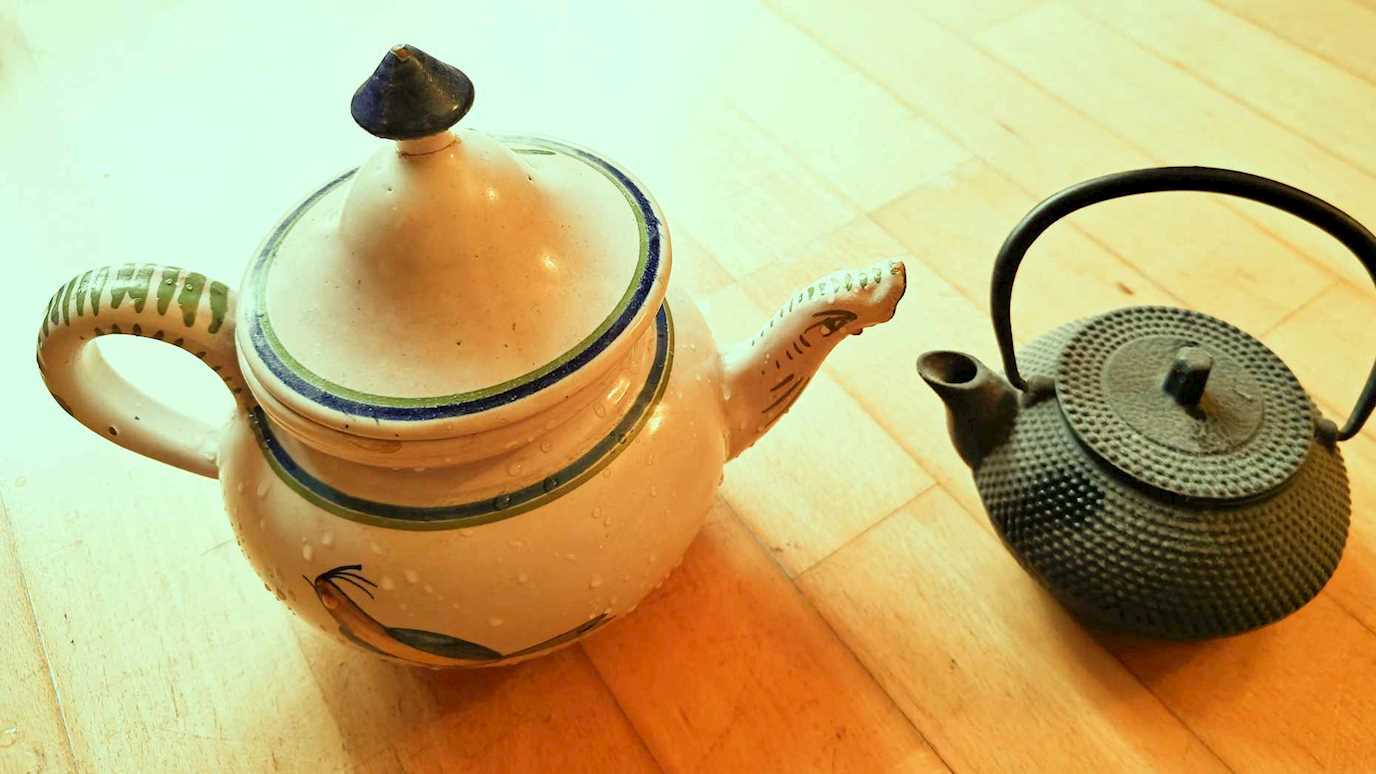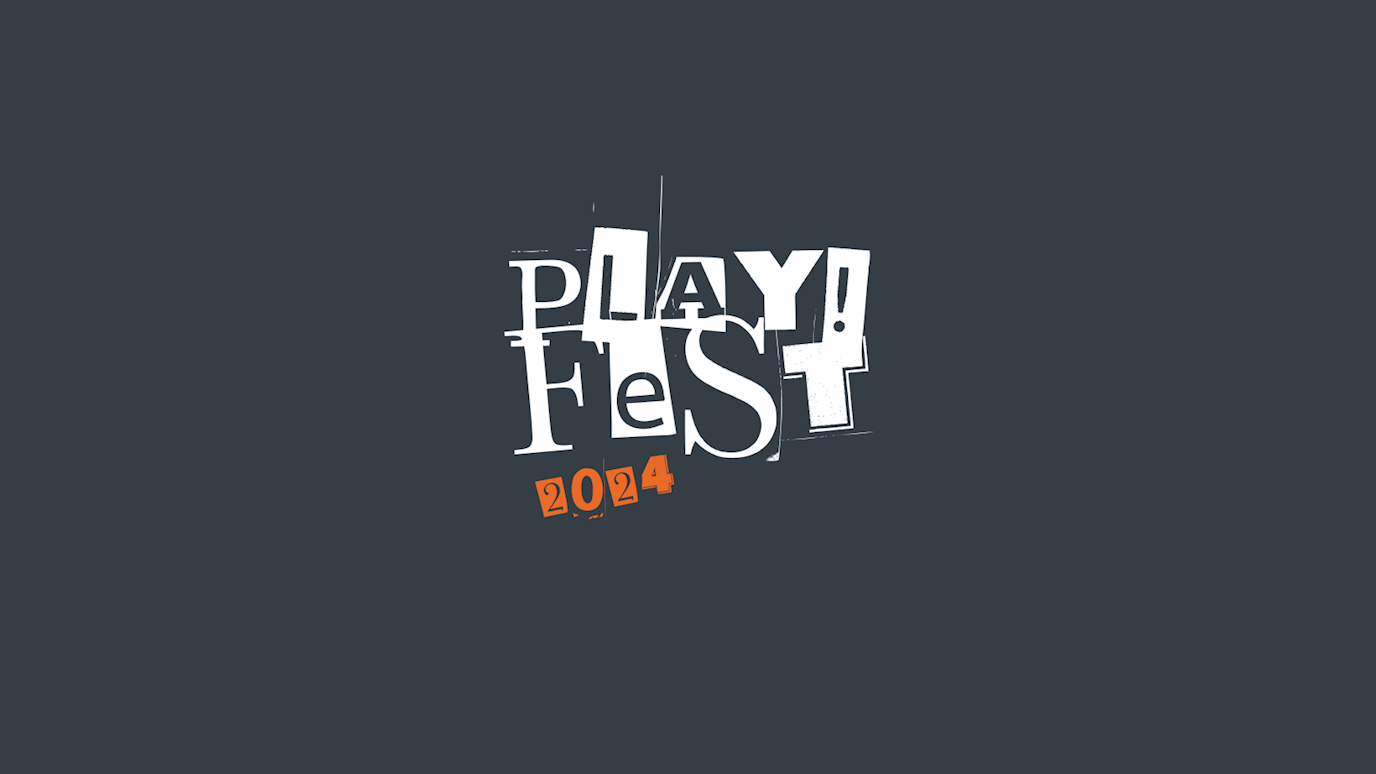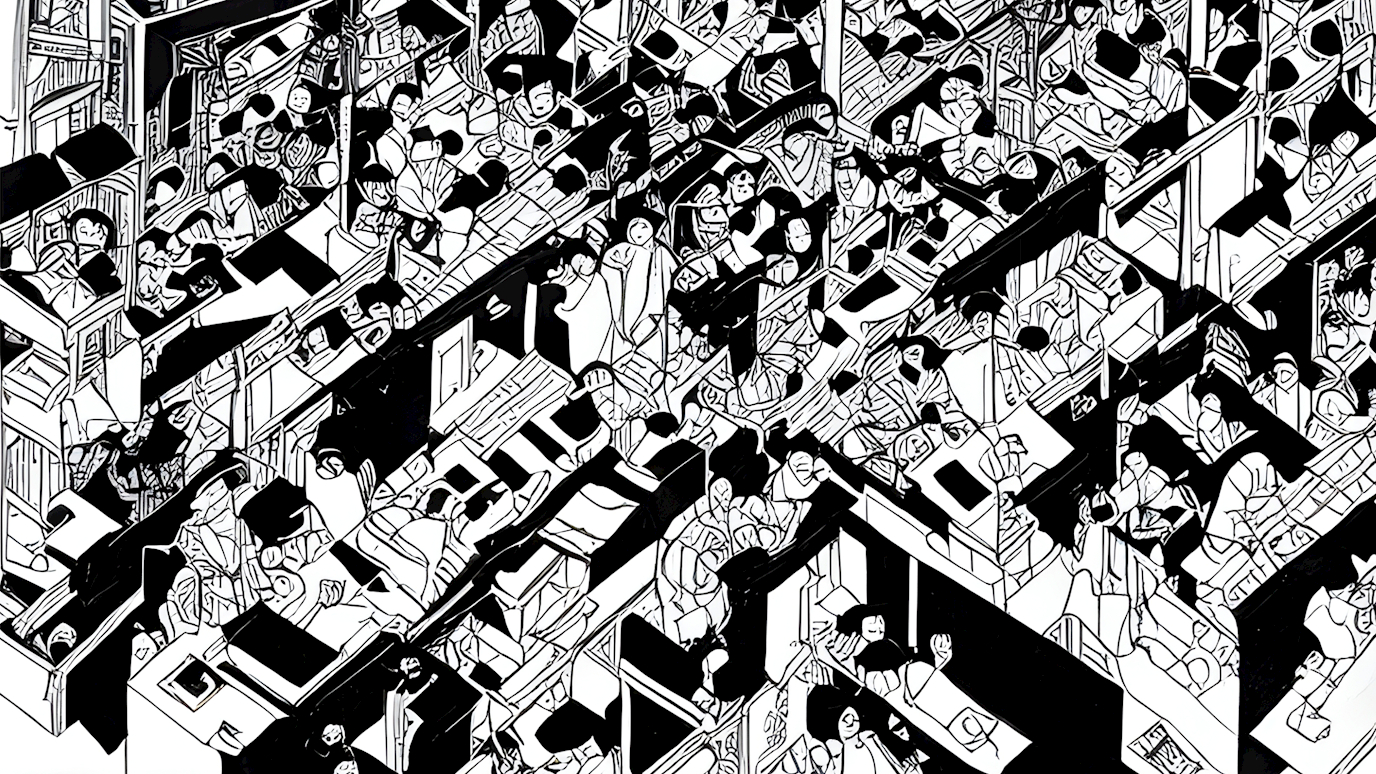Music Research Seminar: David Irving (ICREA & Institució Milà i Fontanals de Recerca en Humanitats-CSIC, Barcelona)
Event abstract
How can historical performance practice (HPP) be decolonised, and how can it participate in programmes of decolonisation? In this colloquium I examine some episodes and trends in the history of the European early music movement, from the late nineteenth century to the present, and consider their complex relationship with both coloniality and decoloniality. I discuss the links of Arnold Dolmetsch with musicians Devar Surya Sena and Nelun Devi, who played a key role in Sri Lankan independence movements, and the work of Marco Pallis in bringing Tibetan Buddhist perspectives into dialogue with HPP. Drawing from critiques by Dylan Robinson and Geoffrey Baker of early music “crossover” projects and the performance of colonial baroque repertoires, I ask how true decolonisation might be a realistic and achievable aim for HPP. While decolonisation is not a metaphor and involves the repatriation of Indigenous land and life, as Eve Tuck and K. Wayne Yang have clearly stated, I suggest that the metaphysical dimension of HPP—the kind of “re-enchantment” of early music discussed by Nick Wilson—may offer possibilities for intercultural reconciliation. In light of foundational work by Olivia Bloechl on early music and race, I ask how the “authenticity” debates of the late twentieth century need to be rethought when applied to contexts of decolonality, pointing to revitalisation projects of Australian Indigenous languages and performing arts that have clear parallels with HPP. Finally, I propose that the decolonisation of HPP must involve its conversion into “praxis”, which Paulo Freire described as “reflection and action directed at the structures to be transformed”. The decolonial turn also necessitates a reappraisal of the revolutionary spirit characteristic of the early music movement in its pre-mainstream days, which to lesser or greater degrees resonated with what Walter Mignolo has called “epistemic disobedience”, or the delinking from coloniality/modernity.
About David Irving
David R. M. Irving studied at Griffith University, the University of Queensland, and the University of Cambridge. He held post-doctoral positions at Christ's College, Cambridge, and King's College London, then taught at the University of Nottingham, the Australian National University, and the University of Melbourne. He became an ICREA Research Professor in 2019 and is based at the Institució Milà i Fontanals de Recerca en Humanitats-CSIC. His research interests include the role of music in early modern intercultural exchange, the global history of music, and historical performance practice. He is co-general editor of the forthcoming Cultural History of Western Music (Bloomsbury), and co-editor of the Cambridge University Press journal Eighteenth-Century Music. His awards include the Jerome Roche Prize (Royal Musical Association) and the McCredie Musicological Award (Australian Academy of the Humanities).
How do I join?
This is a live, interactive session which will be hosted on an online video conferencing platform. To join us, please complete this short form (link embedded). Access details for the session will be emailed to you on the day of the event.
Further information
Booking is essential
























